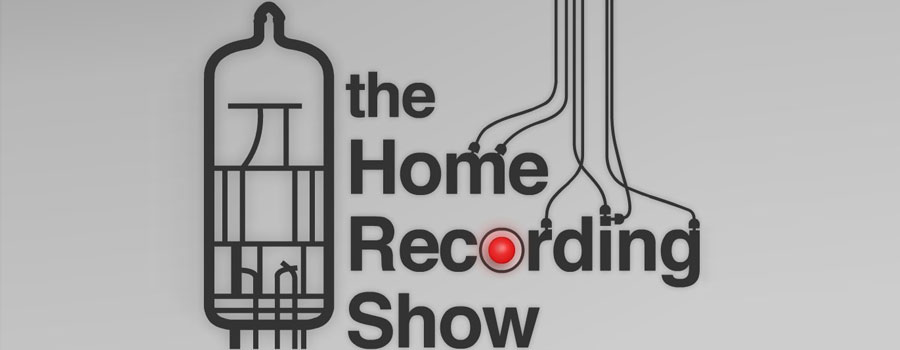In this episode we discuss the results of the mixing experiment from last week. Thanks to all that participated! Keep those submissions coming, we’d love to hear what you’ve done with the tracks.
Also in this episode Jon talks to Ableton Live guru Nick Maxwell of Nick’s Tutorials dot com on topics like Ableton Live and sound design.
Links:
@abletontutor [follow Nick on Twitter]

Very nice show, as usual. Thanks for mentioning our names!
Here’s the link for my mix version, if anyone would like to hear that:
http://www.audicaocritica.com.br/hrsmixexperiment
Cheers!
I will put together a page where all the submissions will be displayed… hopefully later tonight. Thank you to everyone who has submitted mixes and those that continue to.
Randy Coppinger sent me an email to let me know that he caught a mistake in my segment. When I was talking about EQ that I used on the master bus for my mix I had said that I used 10Hz when I meant 10kHz to add air. Hopefully most of you just heard what I meant to say!
you guys are hilarious! i just submitted this…a bit LATE! but this was a whole lotta fun. i personally would love to see more of this sort of thing. thanks, mark
J. Hall on the R/E/P forums on prosoundweb (http://recforums.prosoundweb.com/index.php/f/35/0/) does exactly this type of thing now and then (#24 is going on right now) where we all mix a complete song from a band and share it. Check it out if you like this type of thing.
Great show guys.
Pingback: The Home Recording Show Mix Submissions - Recording and Live Sound Tips and Tricks
Pingback: uberVU - social comments
Great episode!
Listening to the other mixes (and comparing them with mine) has been a valuable educational experience.
Thanks.
Great work guys! Loved the mix experiment – definately be great to have more of those.
That was a great interview. Good stuff guys!
I know the current trend is to copy and paste loop based midi info then trigger drum sounds but do any of you record much if any real drummers playing real drums?
Being a drummer and home recordist, I have self taught myself alot in this area. This is a blessing and a curse not being able to sit with other engineers to see how they get their sounds.
I get really goods sounds with my rig. I close mic everything except for room mics.
I was wondering if you guys had enough insight into this area to do a show or several shows detailing mic placement perhaps examples of what phase cancellation sounds like on drums. This aspect of recording seems to be falling to the waist side in favor of loop based authoring for final master takes. Probably cause all the hard work has been done already with the samples.
Hi Cory
I agree with a lot of what you’re saying. My preference is to record real drums whenever possible (which is rare ☹ ). I know Ryan plays drums on some of his sessions. I prefer not to go straight to MIDI and samples for drums, but I do regularly call upon these when mixing which is 70% of the work I do.
I would love to go through properly aligning drum mics or checking/correcting after recording but its not really something I can explain without showing it in person. Maybe Ryan can. We’ve been planning on tackling this subject for a while, along with drum tuning, mic placement, damping and more.
I say time for some videos you guys probably dont have time for. 🙂
I would like to hear more about re-amping – the hows and whys and equipment needed. For my money, Ryan’s mix sounded the best and he reamped many of the parts for his mix. I’m wondering if this is why he mix excelled. Some elaboration on this method of recording and why would be great.
Thanks.
@ Dave King
Show #32 covers Re-Amping
https://homerecordingshow.com/2009/04/show-32-re-amping-with-marcus-hedwig-vocal-recording-and-processing/
My mix sounds very “boxy” compared to Ryan’s. Any tips on achieving mixes that are not “boxy” sounding?
The one thing that will give you the biggest and quickest results, which I am sure that you already aware, is EQ. I use a lot of deductive EQ, far more often the adding it.
The more elements that you have in a mix, the smaller that you need to make each one to all play well together… generally. Anything that does not need low information like a shaker, high hat, acoustic guitars in a dense mix, etc roll off the bass and even some mids if they are not useful. When you solo some of these things they may sound awful, but it is all about the mix right? I will even roll off highs on tracks that do not need that real estate. An example of this would be bass synths, low end samples, and bass guitars in some rare instances. A little sonic housekeeping is a good place to start.